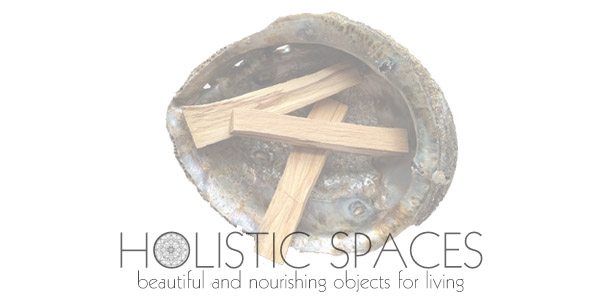Maybe you know this Monday, September 23, was the autumnal equinox this year, but what exactly does that mean?
The autumnal equinox is one of two times per year, the other being spring equinox, that the sun crosses the equator, temporarily rendering day and night the same length and signifying the change of seasons from summer to fall. These times are also referred to as the autumnal and vernal equinoxes. On a more scientific level, the autumnal equinox occurs when the Earth's equator crosses the center of the sun, meaning that for one of two times each year, the Earth is not tilted one way or the other in reference to the sun.
Since autumn is ultimately a transition into winter, it's important from a feng shui perspective that we take time to nurture ourselves in preparation for colder, darker months. Below are some tips to help you and your home fall back into autumn in harmony.
De-Clutter Your Closet
It is that time again - time to put away the off-season summer clothing and bring out the warm, autumnal gear. While you go through your clothes, take some time to de-clutter your closet. If your closet is full, you are energetically telling the universe you have no room for anything new. Make space for some amazing opportunities!
Refresh Your Bed Linens
As the weather gets cooler, adjust your bed linens accordingly. Autumn and winter lend to soft blankets and heavier duvets. If possible, treat yourself to some organic bedding. The chemicals used in conventional fabrics not only off-gas VOCs (Volatile Organic Compounds), the toxins also get absorbed into your bloodstream through skin contact.
Also think about the colors of your bedding. Warmer earthy colors like burgundies, browns and taupes are great for the cooler months.
Deep Clean The Refrigerator
Along with the clothes you wear and bed you sleep in, the change in season also lends to a change in the food you eat. This is the time to transition into warmer, cooked foods, and fewer raw, cold foods. Look at this as an opportunity to deep clean and de-clutter. Empty out the refrigerator and remove anything expired, old and/or spoiled. Spoiled and expired food symbolize neglect of one’s overall health. If possible, compost the organic material, or find a compost drop-off location and recycle or reuse the glass and plastic containers.
When cleaning the interior of the refrigerator, I prefer to use natural non-toxic cleaners, such as baking soda to scrub, and a mixture of vinegar, water and eucalyptus essential oil to wipe down and disinfect. Then open up a new container of baking soda to absorb any odors in your newly organized and clean refrigerator.
I also keep a clear natural crystal quartz in my refrigerator. I program that crystal with the intention to enhance the life energy and nourishment for the food that I will later eat.
Let's welcome the autumnal equinox with positive feng shui adjustments to our home with these three simple tips.
Also be sure to read my interview with Angela Mastoris about the Chinese Medicine considerations for Adjusting to the Fall Equinox here!
If you’d like to learn more about feng shui check out the Mindful Design Feng Shui certification program. Laura Morris and I launched our program in September 2018. To get on the list about it, sign up at: www.mindfuldesignschool.com.
Dive deeper into feng shui to transform your life!
Mindful Design is a new way to learn feng shui. Create sacred spaces that support, and nourish.
Visit us at mindfuldesignschool.com





